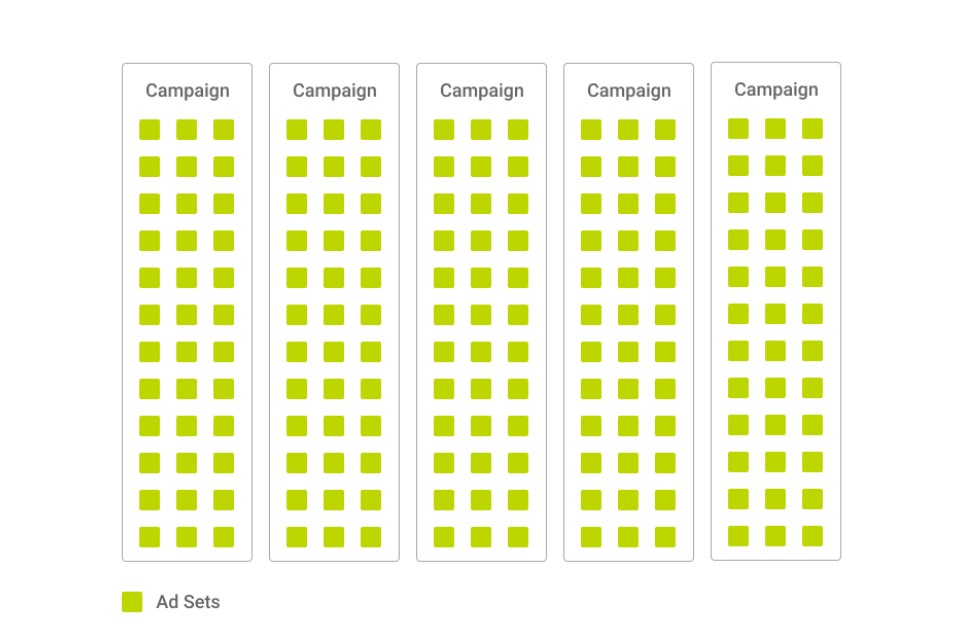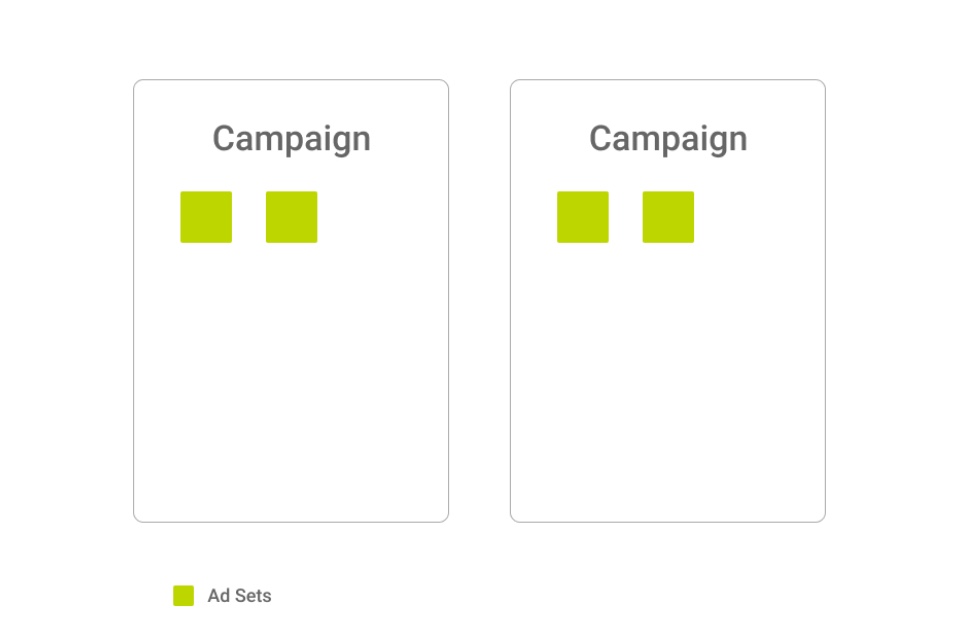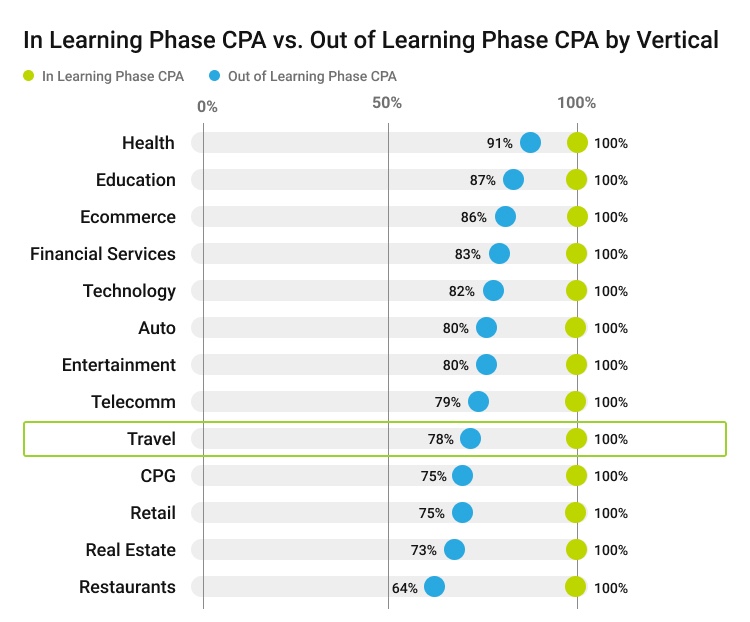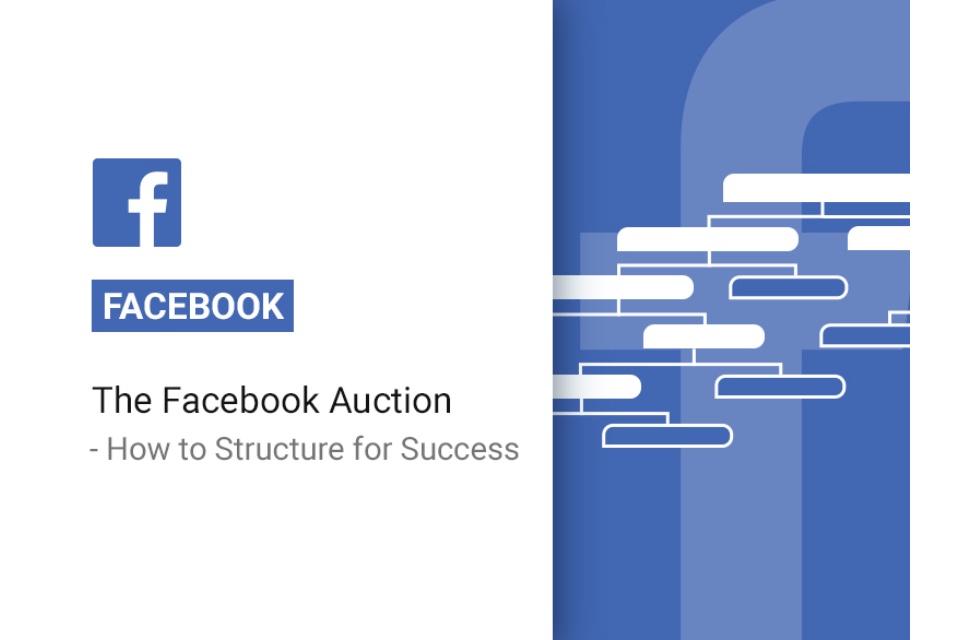By Strange
What’s the main focus of your digital marketing strategy? At one time, everyone would have said Google. These days, however, Facebook has become a credible alternative for many businesses. As an agency, we’ve developed considerable resources and capabilities to service the huge growth in clients’ use of the platform.
You may already appreciate the sophisticated features and capabilities combined with enormous reach and powerful targeting that Facebook offers. These can deliver great returns for almost any brand or organisation, whether used for acquisition, awareness or direct response, for example.
Being a Facebook Marketing Partner certainly helps us deliver better value for clients. Facebook defines Marketing Partners as “tech companies and agencies that have been vetted by Facebook and certified for their excellence in helping advertisers get the most from their campaigns.”
New insights on the Facebook Auction
As a Marketing Partner, we can access information and insights from Facebook that may not be widely available. In this article we’re sharing some valuable information we were recently given on the Facebook Ad Auction. We hope this helps make the auction process work better for you.
The Facebook Auction is the process by which Facebook’s algorithms spend advertising budgets in the most effective way possible. How these auctions work has, for a long time, been somewhat opaque, but Facebook has now started to release more information about how the system works.
1. Simplify your campaign structure
A typical Facebook account structure looks something like this. It can have multiple campaigns organised into different marketing approaches, strategies or tactics. Campaigns are subdivided by highly defined, narrow audiences at ad set level.

But if your account structure could look like the one below, Facebook claims that a simplified and consolidated structure leads to what they call increased ‘auction signal’, i.e. it increases the available signals Facebook’s algorithm has to work with when it decides where and how to deploy budget.

Combining your campaigns and ad sets into larger buckets helps because it removes constraints on the system so that it can search for the best areas of opportunity within larger groups of people, instead of being restricted to granular, pre-defined audiences.
The primary benefit of a consolidated account structure, however, is that it will help drive a faster exit from Facebook’s ‘learning phase’ because the algorithm has more information to work with.
2. Respect the learning phase
Facebook’s learning phase is when the delivery system explores the best way to deliver your ad sets after launch. This means that performance is less stable, and CPAs will actually be worse during this time because the engine is still working out the best people and places to show the ad. Anything that you can do to exit the learning phase earlier will therefore help to improve overall campaign performance.

Fortunately there are some straightforward rules you can follow to make sure your campaigns have enough data to exit the learning phase in a timely manner. For instance, making sure that your targeting and placements aren’t too narrow will really help give the auction more signal.
It’s also very important that you optimise for the right conversion event. If you’re optimising for a conversion event which is too far along the funnel for you to reach a sufficient number of conversions, try switching to something which will record more conversions – for example, optimising for ‘Add to Carts’ instead of ‘Purchases’. A higher number of conversion events will ultimately help you get past the learning phase threshold and improve overall optimisation.
One last critical piece of advice: do your best to avoid frequent manual edits! Whilst it may be tempting to constantly tune and tweak your campaigns, making significant changes can reset the learning phase so that the algorithm has to start all over again. Any changes to the following can cause your campaigns to re-enter the learning phase:
- Targeting
- Placements
- Creative (including adding additional ads)
- Optimisation events
- Pausing your ad set for more than 7 days
- Bid strategy
- Budgets
Key takeaways
- Consolidate your account structure for maximum auction signal
- Give the Facebook system as many data points as possible so that it can exit the learning phase quickly
- Don’t narrow your targeting too much and optimise for the right conversion events to reach the learning phase threshold
- Avoid frequent manual edits so that your campaigns don’t re-enter the learning phase
Continuing to evolve
Facebook has come a long way since its Marketplace was originally launched in 2007. Back then we were helping clients use the brand new channel (we’re now celebrating our 20th anniversary as an agency) and we’ve been keeping abreast of Facebook’s evolution ever since.
Future changes are inevitable. However the platform shapes itself in the future our focus as an agency will always be on working in partnership with Facebook to bring greater value to our clients.



